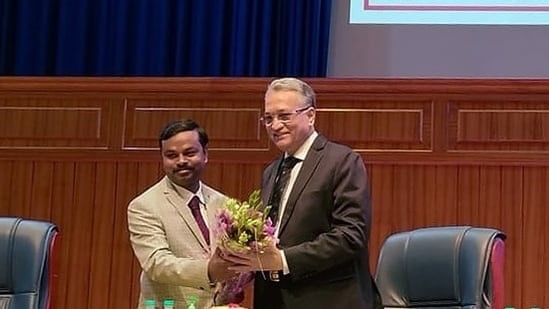Free Courses Sale ends Soon, Get It Now


Free Courses Sale ends Soon, Get It Now



Disclaimer: Copyright infringement not intended.
Context
Details
Analysis of the Lokpal institution
Key Points from the Parliamentary Panel Report:
Challenges:
Working of Lokayukta
Maharashtra's Lokayukta:
Karnataka's Lokayukta:
Way Forward
MUST READ ARTICLES:
https://www.iasgyan.in/daily-current-affairs/lokpal
https://www.iasgyan.in/daily-current-affairs/lokpal-and-lokayukta
|
PRACTICE QUESTION Q. Lokpal's journey since its establishment has been marred by challenges ranging from operational inefficiencies and vacancies to broader questions about its autonomy and effectiveness. Examine. (150 words) |
© 2024 iasgyan. All right reserved